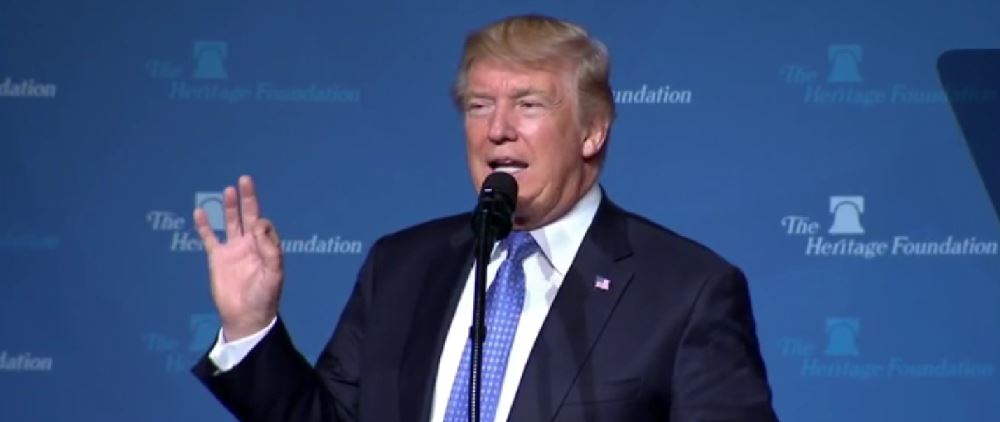
Trump’s Cuba accusations contradicted by State Department
By E.A. Crunden
President Donald Trump claimed on Monday (Oct. 16) that Cuba was responsible for a series of bizarre attacks on U.S. workers that have strained U.S.-Cuba relations and prompted a number of dramatic diplomatic measures. Later that same day, a State Department cable obtained by the Associated Press appeared to contradict him.
“I do believe Cuba’s responsible. I do believe that,” Trump told reporters at a Rose Garden press conference. “And it’s a very unusual attack, as you know. But I do believe Cuba is responsible.”
The president’s comments were in reference to an ongoing and unexplained series of attacks that first began last year and appeared to target U.S. embassy personnel working in Havana. Diplomats reported hearing strange sounds and were later diagnosed with mild to severe hearing damage. The most recent occurrence was reported in August.
Some of the victims have also reported mild traumatic brain injury in addition to possible damage to the central nervous system. The phenomenon has impacted up to 22 people and an investigation is underway.
Trump’s accusation on Monday implied that the United States has reason to believe Cuba intentionally worked to harm American workers on the island. But according to the State Department cable, that’s simply not true.
“We are still investigating these attacks and do not know who or what is behind them,” it read, according to the Associated Press. “We continue to exchange information with Cuban investigators.”
The cable was reportedly sent to all overseas U.S. diplomatic posts and underscored the fact that the United States has “not assigned blame to the Government of Cuba” for the reported attacks.
U.S.-Cuba relations made positive strides under former President Barack Obama, with the United States tentatively easing its hawkish approach to the island after more than 50 years in July 2015, reopening formal diplomatic channels. But the Trump administration has shown little interest in continuing those efforts, an approach that has served to escalate tensions once more.
In June, the State Department issued a travel advisory for Americans considering visiting Cuba. The United States later whittled down embassy staff in Havana to only 27 people in late September before expelling 15 Cuban diplomats in early October. Those actions were also reportedly addressed in the cable sent by the State Department, which detailed steps taken to protect U.S. employees.
The cable’s careful wording matches previous rhetoric out of the State Department; when the United States announced the evacuation of American diplomats in September, Secretary of State Rex Tillerson avoided directly blaming Cuba for the attacks while simultaneously underscoring the belief that the incidents were intentional and that Cuban officials had not done enough to protect U.S. workers.
“Cuba has told us it will continue to investigate these attacks, and we will continue to cooperate with them in this effort,” Tillerson said. After the expulsion of Cuban diplomats in October, Tillerson noted that the measures were taken “due to Cuba’s failure to take appropriate steps to protect our diplomats in accordance with its obligations under the Vienna Convention.”
At the time, Cuba itself called the decision “hasty” and cautioned that it would “affect the bilateral relations” between the two countries. Cuban officials have yet to respond to Trump’s comments on Monday.
(From ThinkProgress)

